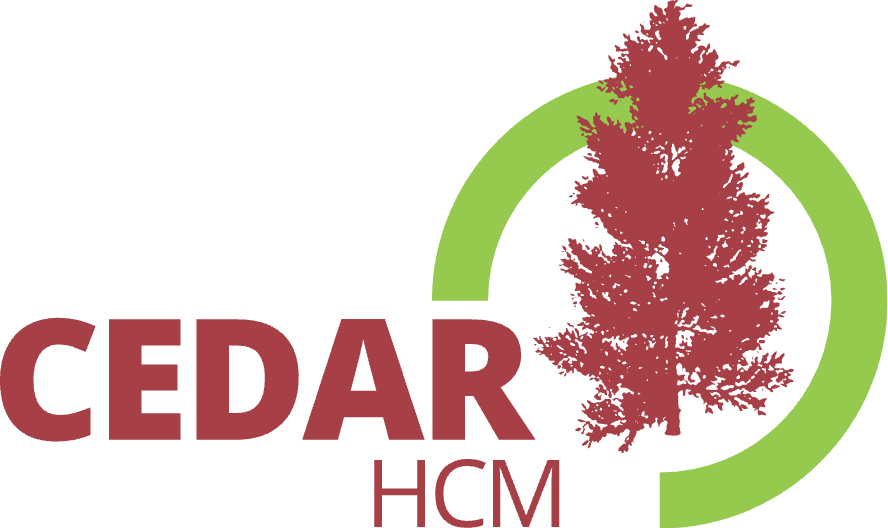CEDAR-HCM
A Study to Evaluate the Efficacy and Safety of Aficamten, an investigational drug, in Children and Adolescents with Obstructive Hypertrophic Cardiomyopathy
What is obstructive hypertrophic cardiomyopathy?
Hypertrophic cardiomyopathy (HCM) is a chronic genetic heart disease in which the heart muscle is abnormally thickened and prevents the heart from pumping blood efficiently. In some patients with HCM, the thickened heart muscle obstructs blood from leaving the heart. When this occurs, it is called obstructive HCM.
Patients diagnosed with HCM may not exhibit symptoms in the early stages of the condition, but may develop them over time. Common signs and symptoms may disrupt daily life and include:
- chest pain
- dizziness
- shortness of breath
- fatigue
- fainting
- palpitations (a sensation of rapid fluttering or pounding heartbeat)
- heart murmurs (unusual sound heard during heartbeat, extra beats or whooshing/swishing sounds which may be faint or loud)
- swelling of ankles, legs, abdomen, or veins in the neck.
The severity of these signs and symptoms varies widely among people with obstructive HCM and can even vary day-to-day.
About CEDAR-HCM
Clinical trial participation period: Now and ongoing
A clinical research trial
CEDAR-HCM is a study designed to compare the effects of the study medicine aficamten versus placebo on the level of obstruction that limits blood flow out of the heart in young trial participants with obstructive HCM. Aficamten is an investigational drug that is being evaluated in this trial to determine whether it could help reduce symptoms of obstructive HCM by decreasing excess pumping of the heart muscle. Participants will be randomly assigned to receive either aficamten (the investigational drug) or placebo (a substance that does not have any medicine in it), to determine the efficacy and safety of aficamten in younger patients with HCM.
Aficamten is an investigational drug and is not currently approved by regulatory agencies, including the FDA, for any use. It is currently being studied in this and other trials to evaluate its safety and effectiveness.
Abbreviated participation criteria
- 12 to <18 years old
- This study may be opened to younger participants (age 6 to <12) at a later date pending the results from this and other research studies.
- Body mass index ≥ 35 kg/m2
- Diagnosed with obstructive HCM
- Have symptoms related to obstructive HCM
Additional participation criteria will apply. Full details regarding the participation criteria can be found at https://clinicaltrials.gov/study/NCT06412666.
What is CEDAR-HCM?
Clinical trial overview
CEDAR-HCM is a clinical trial of aficamten compared to placebo in pediatric patients with symptomatic obstructive hypertrophic cardiomyopathy.
The clinical trial will compare the effects of aficamten and placebo on the level of obstruction that limits blood flow out of the heart in participants aged 12 to <18 years with obstructive HCM. The effectiveness of aficamten and placebo will be compared by measuring the level of obstruction that limits blood flow out of the heart with an echocardiogram (echo), a visualization of the heart using ultrasound. Participants will also be asked to complete questionnaires regarding the status of their general health, obstructive HCM symptoms, and quality of life. The safety and tolerability of aficamten at different, increasing dose levels will also be studied. Finally, the study will measure the amount of aficamten in the blood at various times and the effect it may have on participants’ obstructive HCM.
Clinical trial duration
There are two parts to this study. If both parts are completed, participation will last up to 78 weeks (about 1 year and 6.5 months):
- Period 1 (Double-Blind): There will be a screening period to determine if patients are eligible to participate. All screening procedures will be completed within 56 days (about 8 weeks). Eligible participants who enroll in the study will receive aficamten or placebo for 12 weeks (3 months). The study medicine each participant receives will be determined by chance (like flipping a coin). Participants will not know whether they are receiving aficamten or placebo during the study. The chance of receiving aficamten will be 2 in 3 (66%), and the chance of receiving placebo will be 1 in 3 (33%). At the end of the 12-week treatment, there will be a 2-week “wash-out” where participants will not take any study drug before starting Period 2.
- Period 2 (Open-Label): Participants who complete Period 1, and are eligible, will have the opportunity to receive aficamten for 52 weeks (1 year). No placebo is used in Period 2.
Study medicine doses
In period 1, participants who receive aficamten may receive up to four possible dose levels (5, 10, 15, or 20 mg) over the first 6 weeks. The starting dose will be 5 mg at Day 1 and may increase to 10 mg at Week 2, 15 mg at Week 4, and up to 20 mg at Week 6, depending on how well the drug is tolerated.
In Period 2, participants will follow the same dose schedule as in Period 1 after completing the 2-week “wash-out.”
Aficamten is an investigational drug and is not currently approved by regulatory agencies, including the FDA, for any use. It is currently being studied in this and other trials to evaluate its safety and effectiveness.
Clinical Trial Locations
Clinical trial sites for CEDAR-HCM are recruiting participants across the United States.
CEDAR-HCM site locations:
Visit clinicaltrials.gov (NCT06412666) to view contacts & locations.
